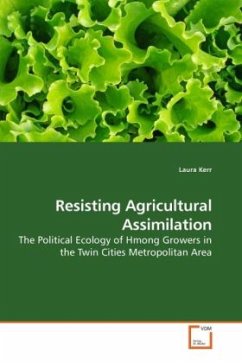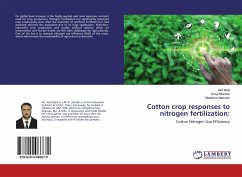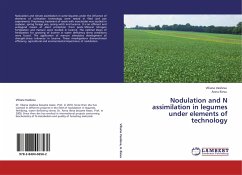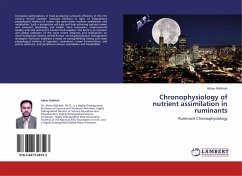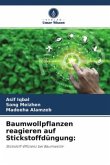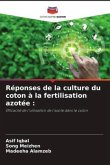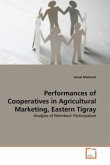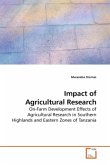Over one and a half million Hmong refugees have arrived in the United States since the end of the Secret War in 1974. The Saint Paul and Minneapolis metropolitan area is home to the largest urban population of Hmong immigrants in the United States. A significant number of Hmong refugees living in the Twin Cities metropolitan area have chosen farming as both a primary and supplemental source of income. While living in the metro area many Hmong rent land in peri-urban areas to farm and subsequently sell at local markets. Employing a cultural and political ecology framework, this research critically examines this phenomenon. By exploring farming in the context of assimilation theory, the socio-economic forces as well as the cultural and historical forces that bring these refugees to farm are uncovered. Additionally, this research reveals the agricultural systems and marketing strategies employed by Hmong growers. These techniques have enabled Hmong farmers to resist the pressure from organizations assisting them to adopt western agricultural techniques, and thus avoid agricultural assimilation.

